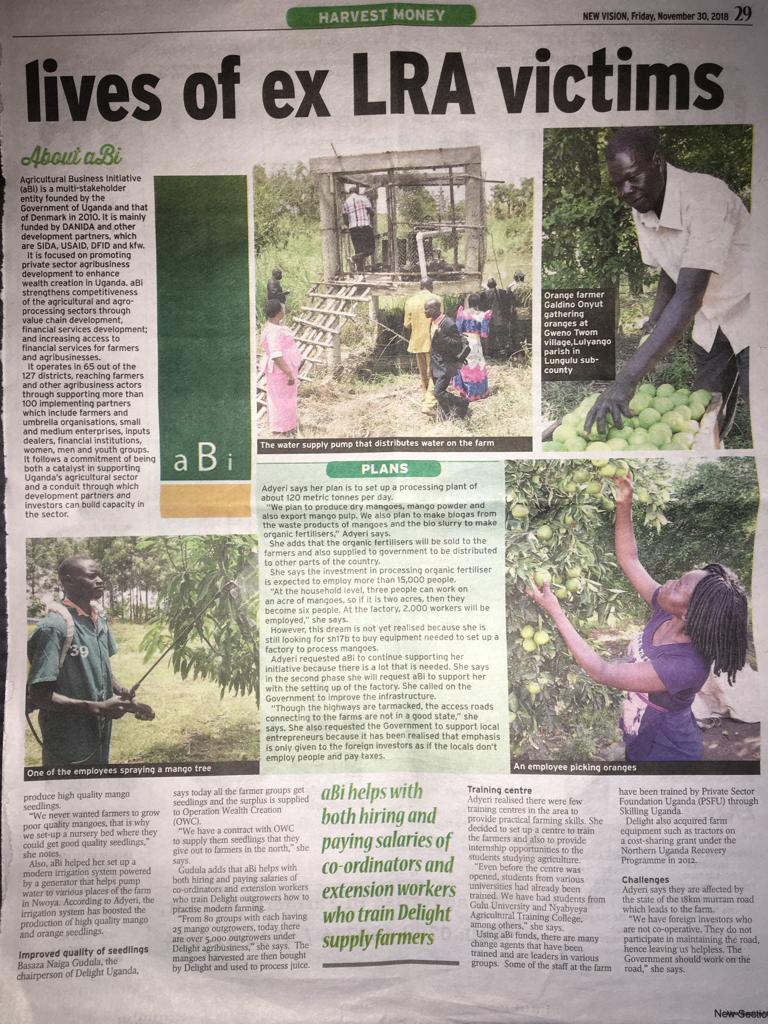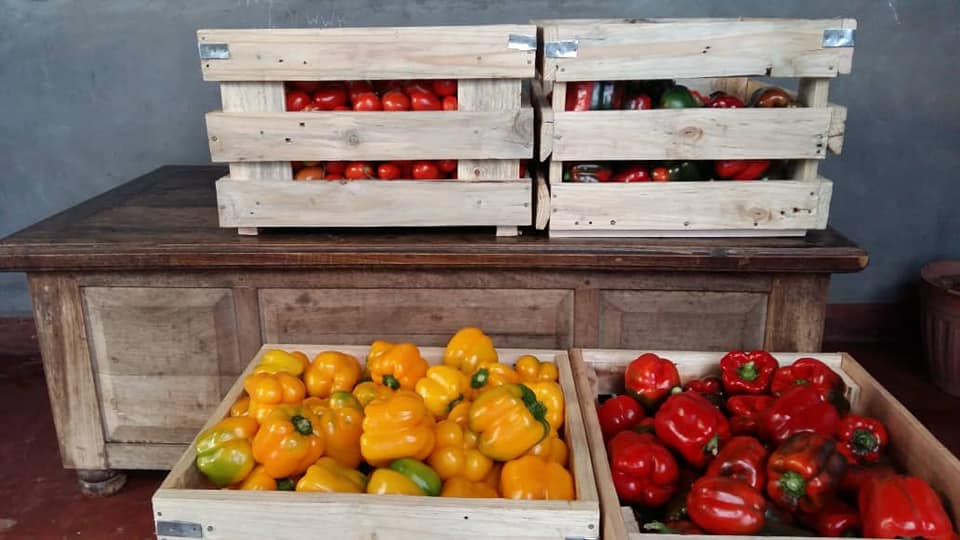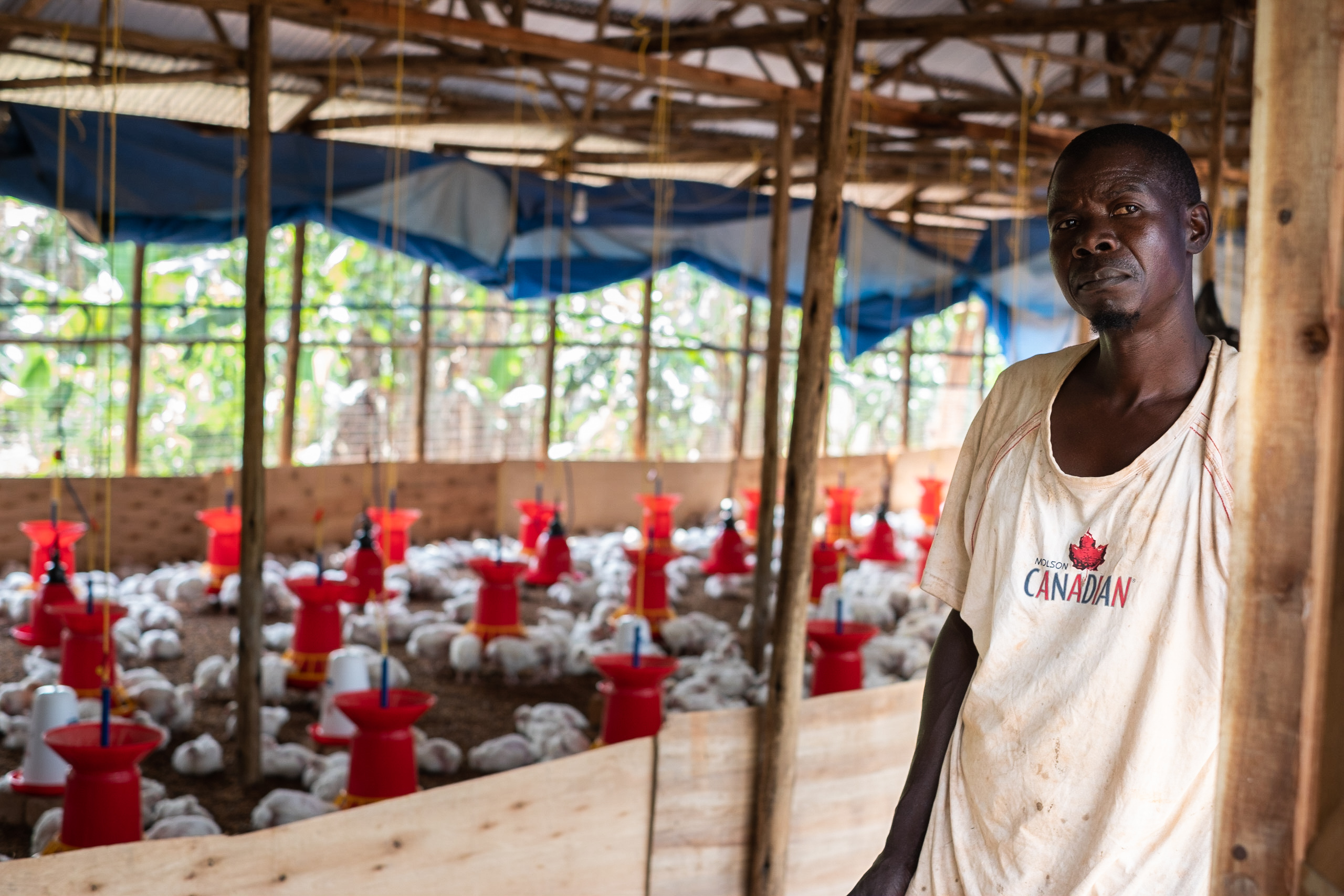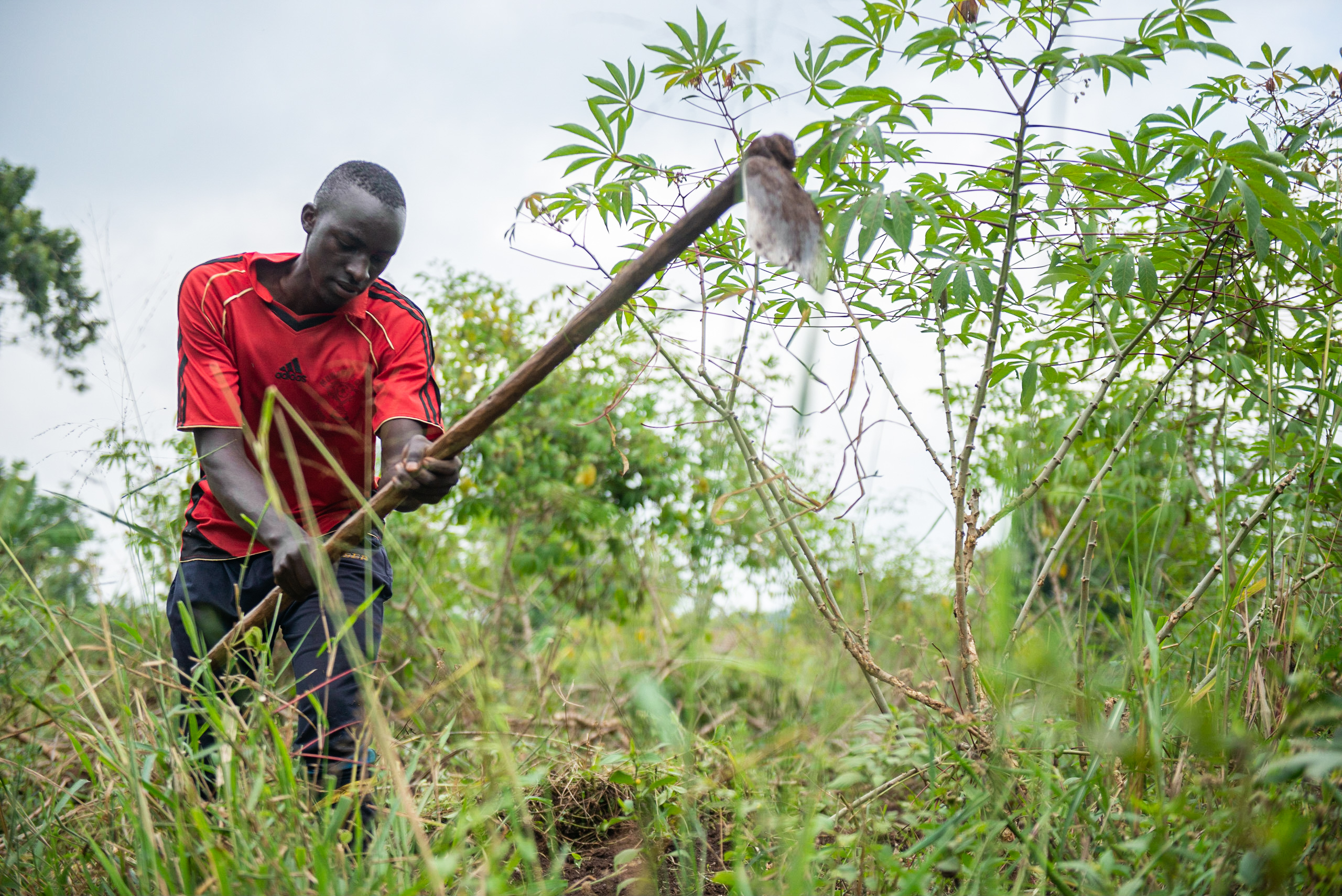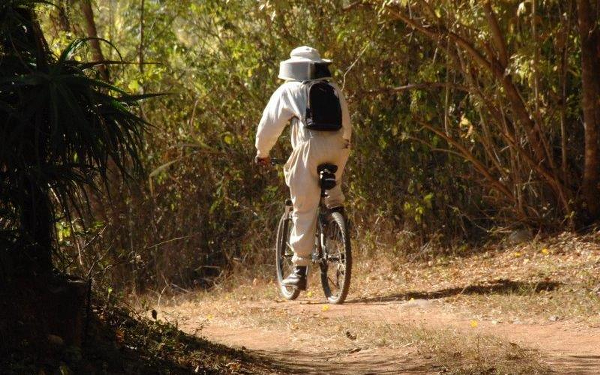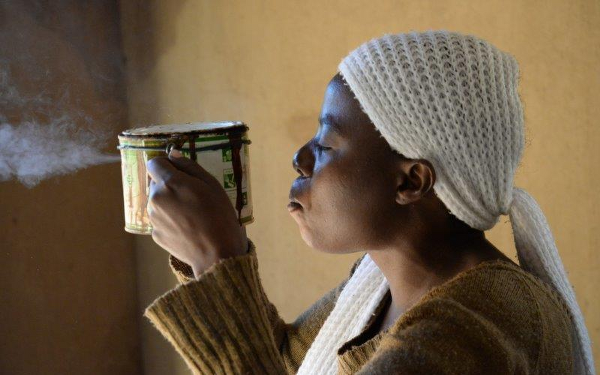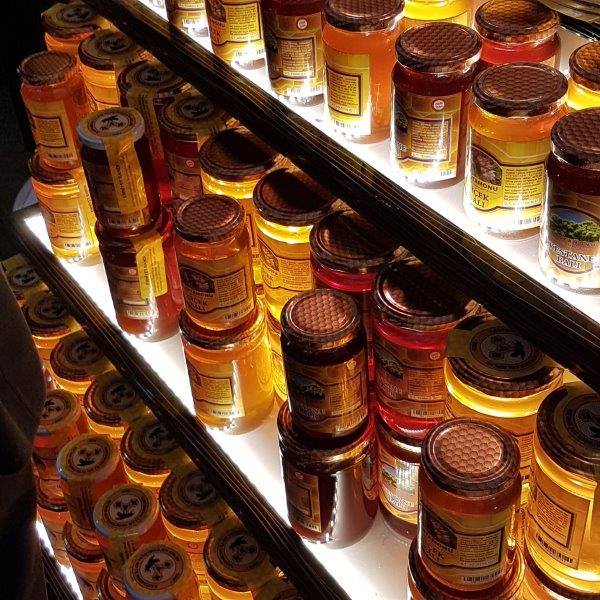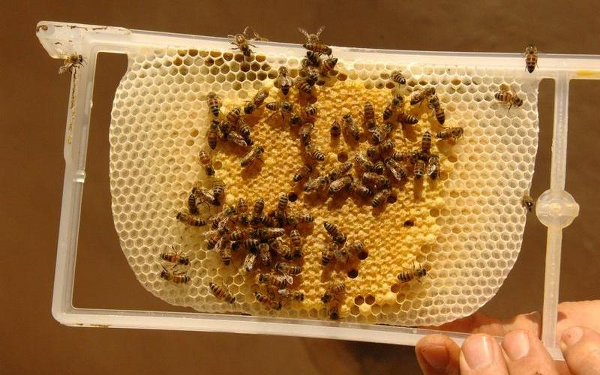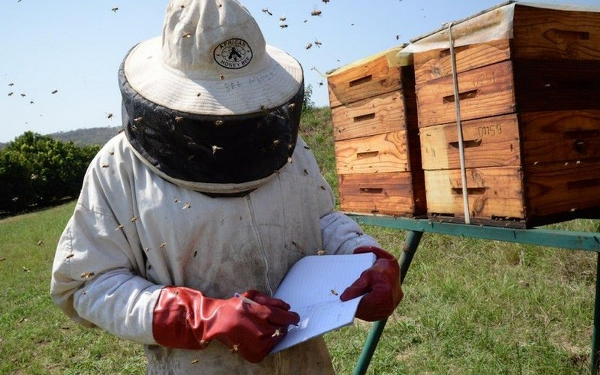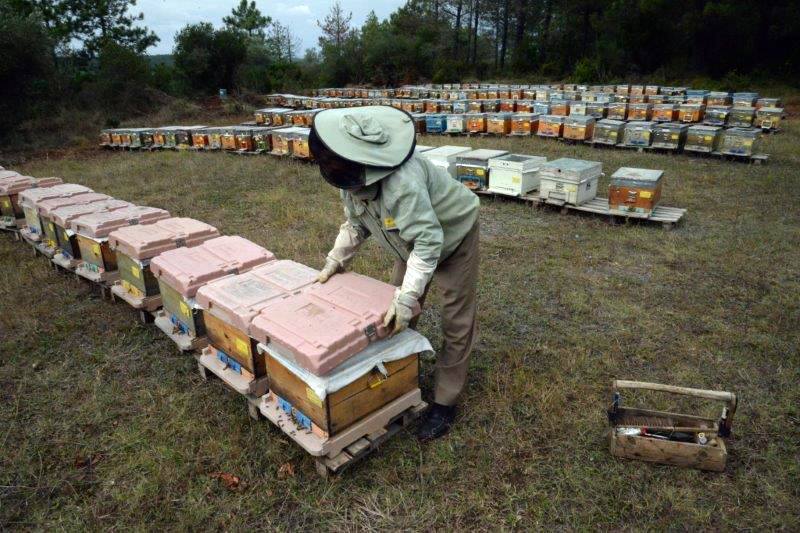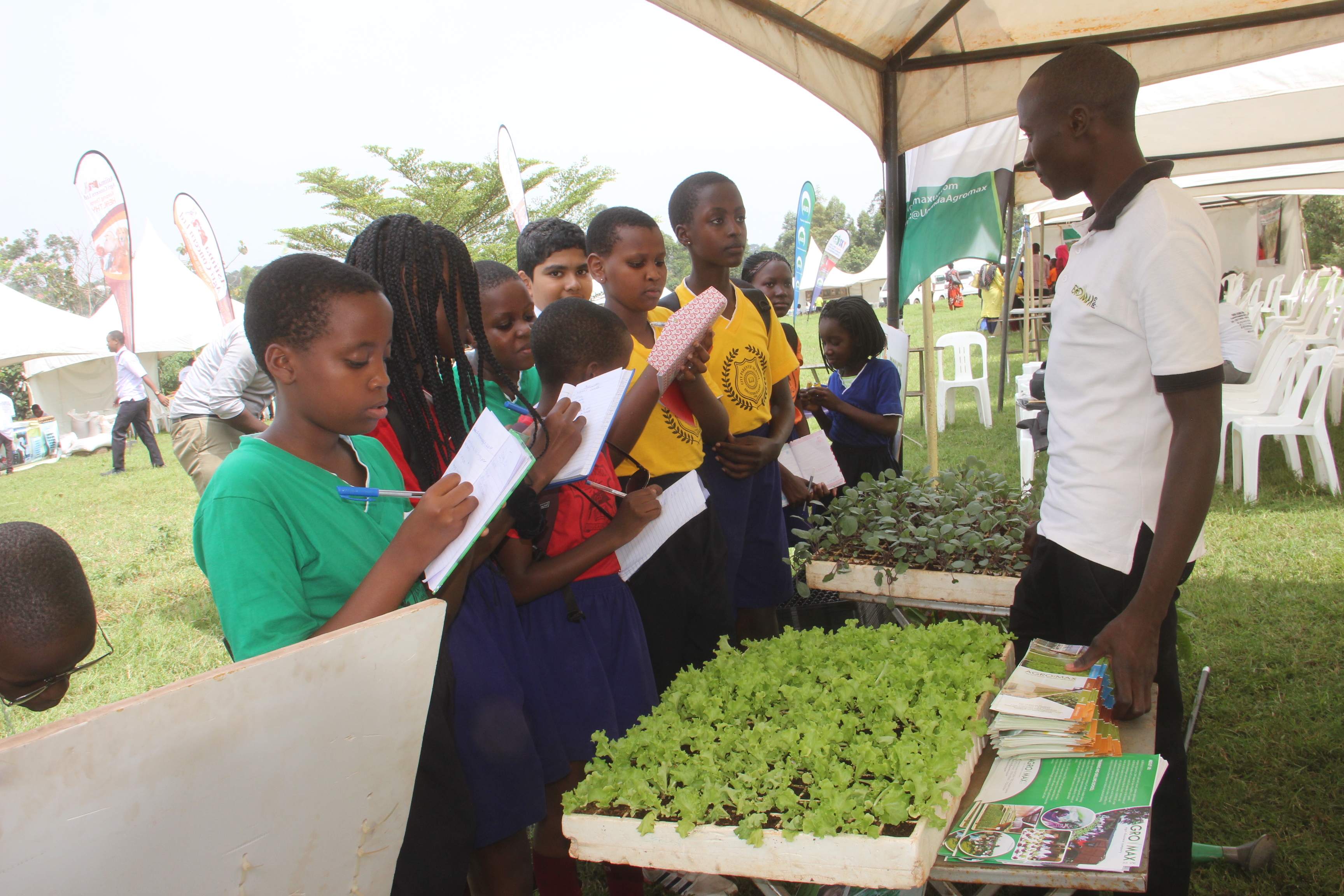
Social entrepreneurship and sustainable farming companies: a booming business in Uganda!
Gudie Leisure Farm
From small farmer to clever entrepreneur
Gudie Leisure Farm (GLF) is a city farm located in the suburbs of Kampala. As a social business, GLF wants to train smallholder farmers to become true agricultural entrepreneurs: agripreneurs. GLF developed the ‘Agripreneur Champions System’. This gives farmers practical training at the city farm or their own farms. As well as on areas such as poultry, pig farming, aqua culture and greenery, the highly practical training focuses on business-related subjects that guarantee the sustainable growth of the agro-companies.
Since it was founded in 2009, the social business has trained at least 63,720 farmers. In addition, the company carried out an assignment in the context of livestock management for the Belgian development agency Enabel. Mastercard Foundation also firmly believes in the potential of Gudie Leisure Farm and therefore decided to offer the agricultural school long-term financial support!
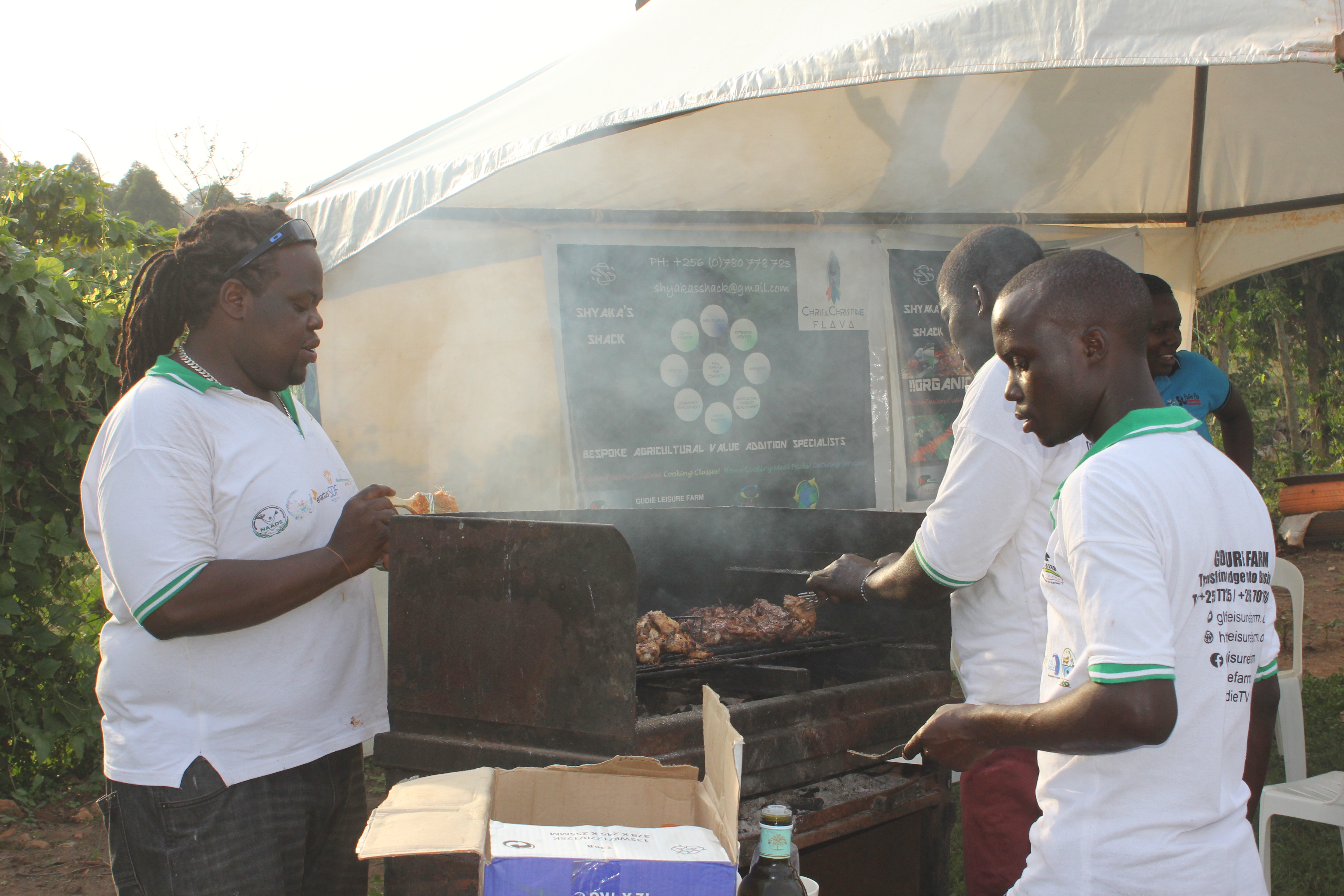
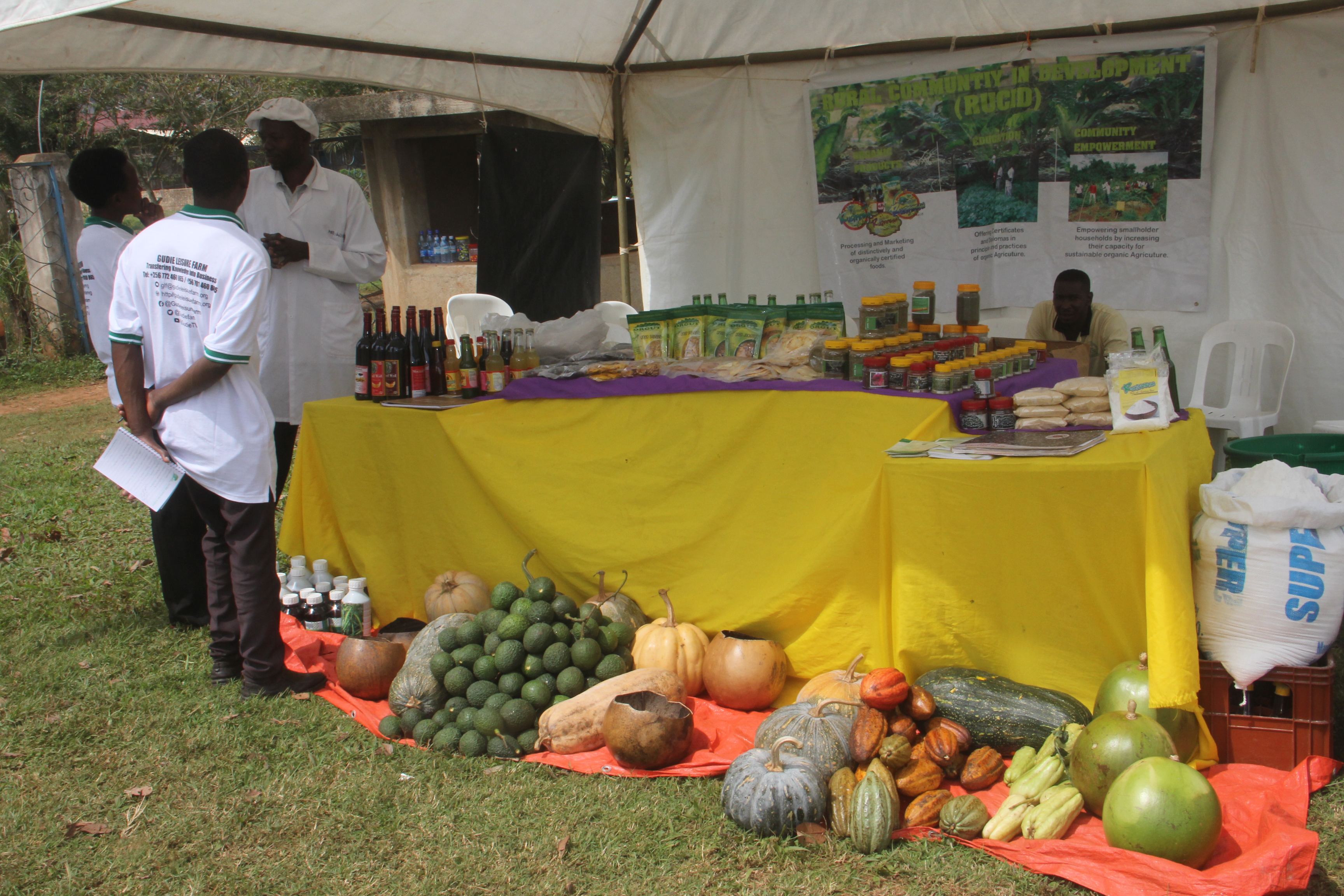
A passionate entrepreneur behind the wheel
Standing at the head of the GLF is inspiring entrepreneur Gudula Naiga Basaza. The general manager of GLF received a doctorate from Ghent University. She has always been led by her two greatest passions: educating people and contributing to the improvement of the social and economic circumstances in Uganda. In 2017, she was nominated by Vital Voices as one of the hundred most influential women on the African continent.
GLF as the agricultural training institution
The ultimate dream of GLF is to become an open university for agriculture in Uganda. To reach that goal, the organisation first wants to focus on the construction of a fully functional training centre. GLF is adamant that they are recognised for the superior quality of their training and education courses. As such, Exchange and GLF are working together to set out a growth programme that will allow their ambitious goals to be fulfilled. As GLF is driven by passion and social engagement, Exchange is also convinced that the growth programme will not just lead to positive economic consequences for GLF itself, but will indirectly deliver improved socio-economic conditions for the smaller farmers in Uganda.


